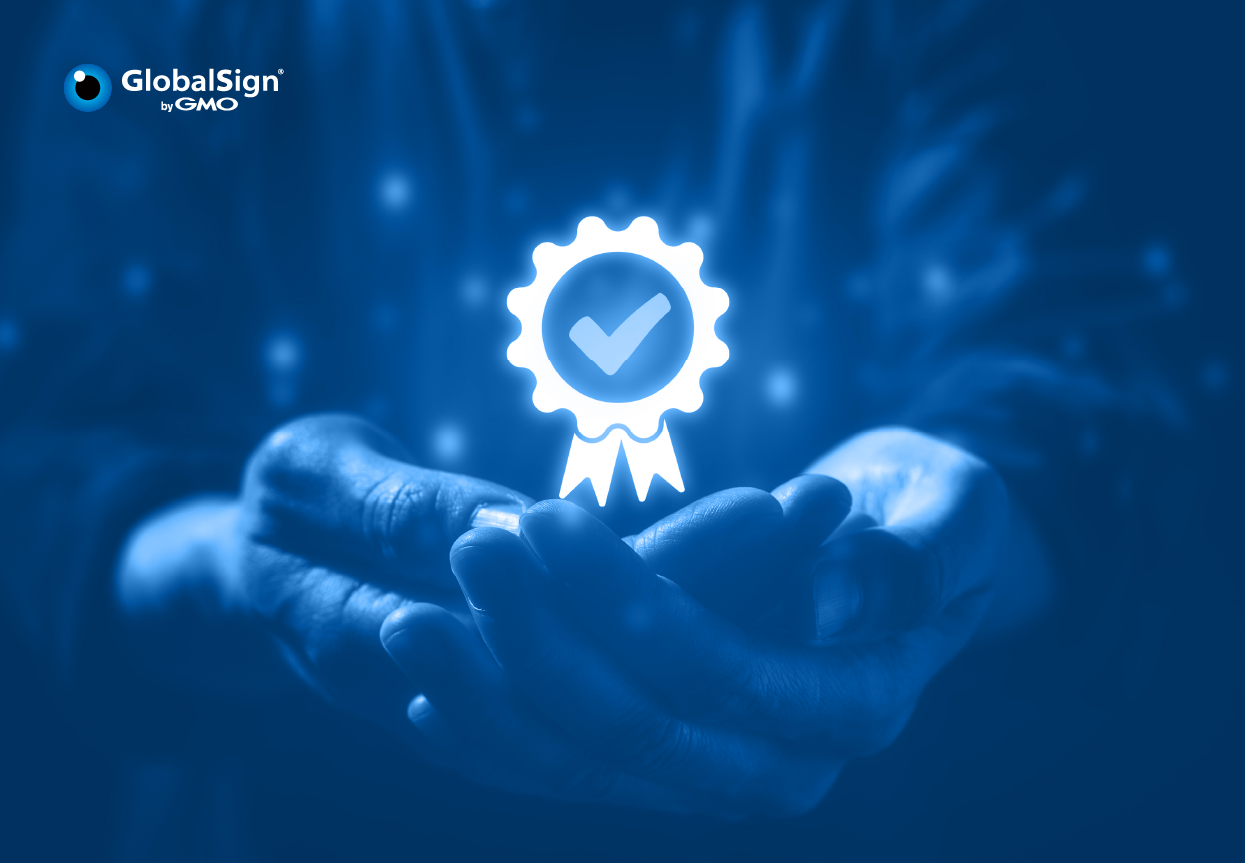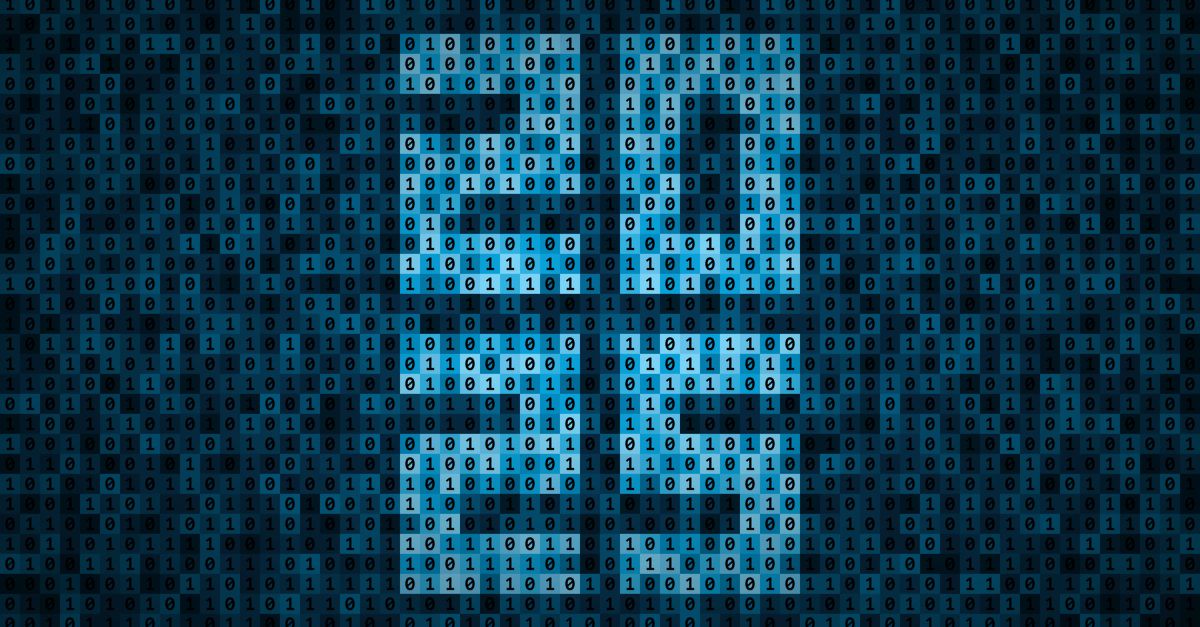Data leakage and loss have been a central subject of some of the world’s biggest news headlines. The JPMorgan Chase’s data breach incident that affected 7 million businesses and 76 million households, Korea Credit Bureau’s hacking incident which affected 20 million victims, and the Cayman National Isle of Man Bank hacking incident that netted claim of several hundred thousand pounds sterling, are just some of the many data leaks that blew the cover off some serious loss and setbacks in the history of financial industries.
Impact of data leakage and loss
Scammers have long been using human vulnerability to hack into personal and bank accounts to leak, use, and sell personal information. These underground schemes continue to this day, and financial institutions are at greater risk as they possess a plethora of personally identifiable information (PIIs) and payment card industry (PCI) data. Some of the biggest financial breaches have incurred irreversible damages that lead to dismissals and legal proceedings.
While financial services continue to develop and deploy elaborate security protocols and software, cybercriminals are always looking for security loopholes to infiltrate, especially when there is a trove of personal information of careless users scattered across the internet.
Once these cybercriminals have successfully hacked into an account or system, they can use the stolen information to weaponize in future attacks. And financial institutions are usually at a larger risk. In fact, financial institutions rank first among the most targeted industries by phishing attacks.
There are short-term consequences like lost revenue and website outages, but there are also long-term ones such as losing the trust of both existing and potential clients. And we all know how trust is key to any successful organization.
Another consequence is the brand reputation. What may have taken years to build could be destroyed in a single attack. This is especially magnified in financial institutions as they possess a lot of sensitive information, and millions of people are at risk.
A good reputation may perhaps be an industry’s biggest asset. However, a single hacking incident can weaken even the strongest credibility. According to this report, 65% of those surveyed consider privacy and security as important factors when choosing their banks. 74% of those surveyed would switch to a different bank or insurer in an event of a breach and would switch to one with a higher level of trust.
Aside from maintaining healthy online security habits like changing your passwords, you can protect yourself from data breaches by using email security technologies like S/MIME. With S/MIME, you can ensure that any sensitive information that is sent throughout email communication channels are well protected and encrypted.
S/MIME also allows you to digitally sign your email, which is equivalent to a physical signature to prove that your identity is legitimate and lessen possibilities of impersonation attacks. Lessen the risks and impact of data leakage and loss. Establish trust with your clients today because your business depends on it.







